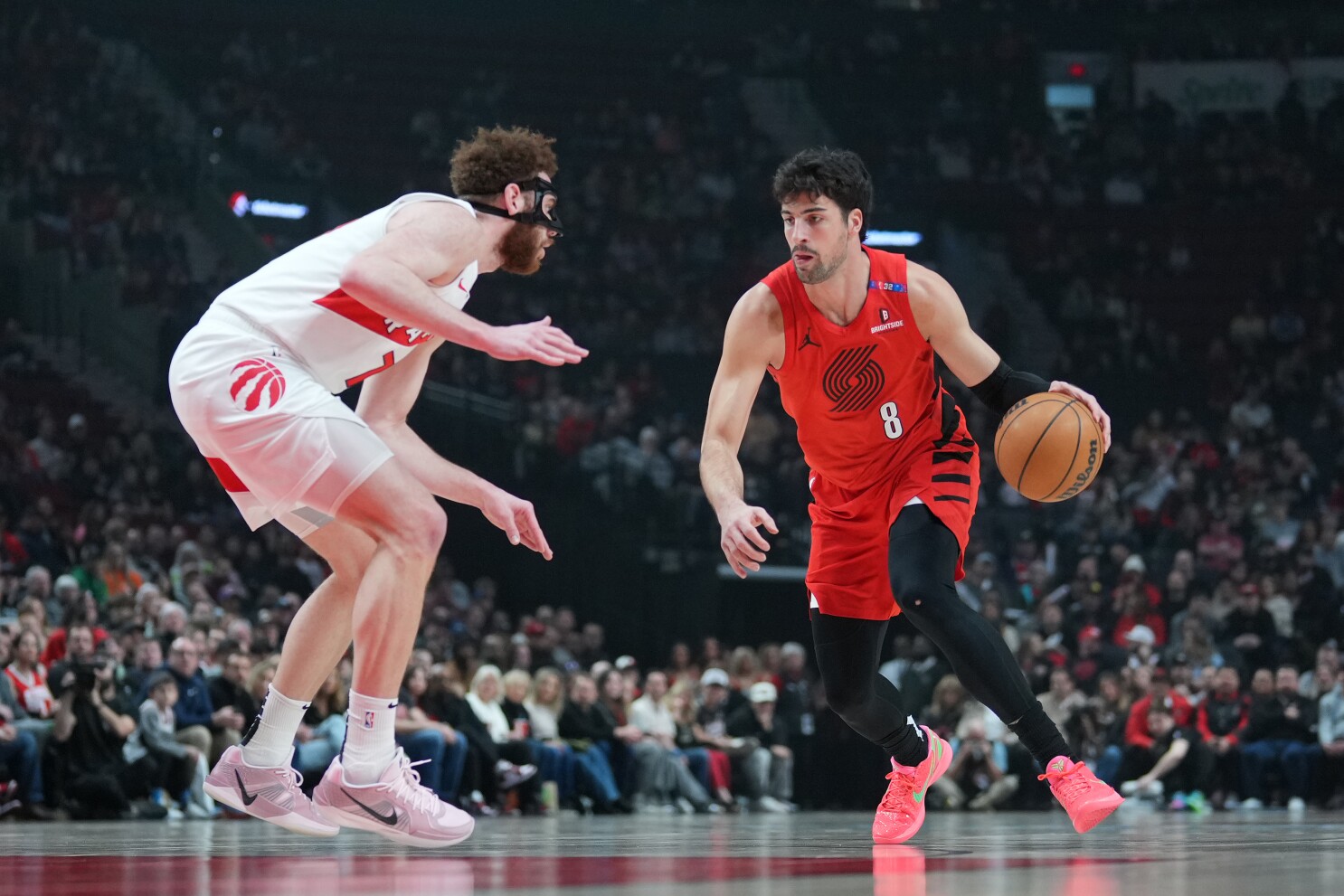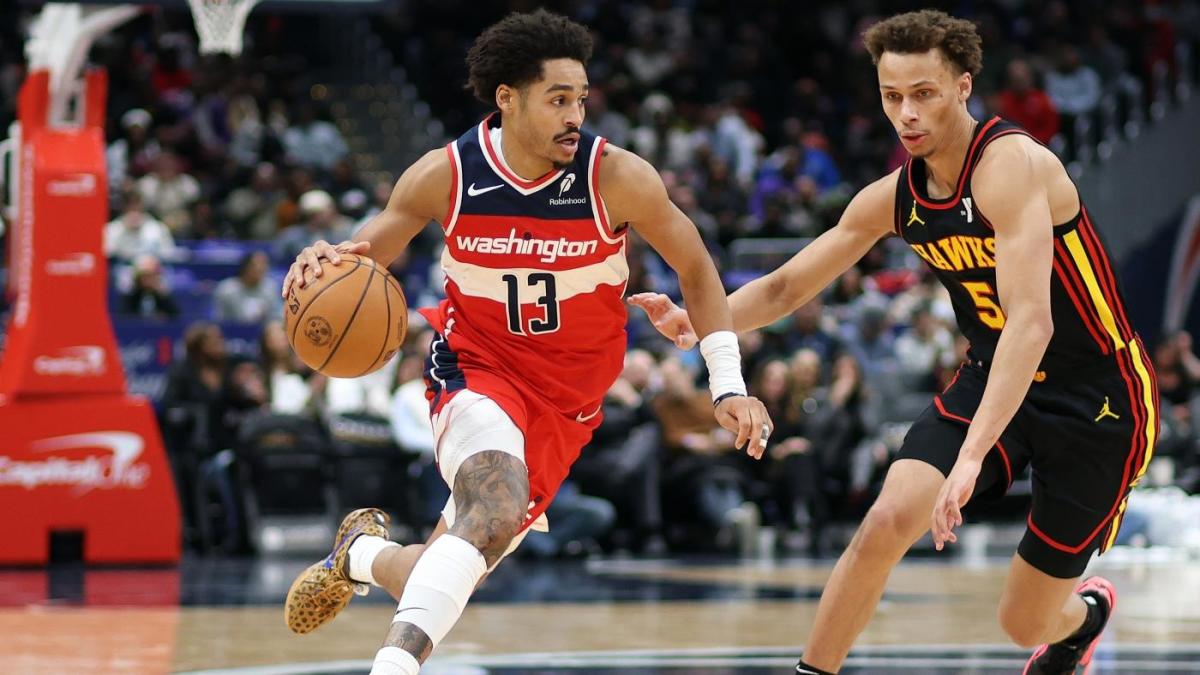Alright folks, let’s dive into what I’ve been tinkering with lately – trying to predict the Wizards vs. Trail Blazers game. Yeah, I know, sounds like a recipe for a headache, but hear me out.

First off, I started by gathering a bunch of data. I’m talking player stats, recent game results, injury reports, even stuff like home/away records. Used a couple of those free sports stats APIs to pull everything into a spreadsheet. Messy, I know, but gotta start somewhere, right?
Then, I spent a good chunk of time cleaning the data. You know how it is, some sources use different naming conventions, missing values all over the place. Ugh. Basically just went through and standardized everything, filled in the blanks where I could (used averages for missing values, nothing fancy), and made sure the data types were correct.
Next up, the “fun” part – building a model. I figured a simple logistic regression might do the trick. I mean, it’s a binary outcome – either the Wizards win, or the Trail Blazers win. So, I fed the cleaned data into a Python script using scikit-learn. Nothing too groundbreaking, just the standard train-test split and model fitting.
I played around with different features to see what had the most impact. Turns out points per game, assists, and defensive rating were pretty significant. Also factored in the rest differential (how much rest each team had before the game). That seemed to make a difference too.
After training the model, I evaluated it on the test data. The accuracy wasn’t amazing, maybe around 65%, but hey, it’s better than a coin flip. I also looked at precision and recall to get a better sense of how well the model was performing.
Then, I used the model to predict the outcome of the Wizards vs. Trail Blazers game. Drumroll please… the model predicted the Wizards would win! I even got a probability score – something like 60% chance of a Wizards victory.
Of course, I didn’t just blindly trust the model. I also watched some game previews and read expert opinions to get a feel for the game dynamics. Turns out, the Trail Blazers were missing a key player due to injury, which aligned with the model’s prediction.
So, did the Wizards win? Well, let’s just say my model wasn’t completely wrong. It’s all a learning process, and it’s kinda fun to see how these things play out in real-time.

Anyway, that’s my little data science adventure for the day. It’s not perfect, but it’s a good starting point. Maybe next time I’ll try a more complex model or incorporate more data sources. Who knows? Stay tuned!














